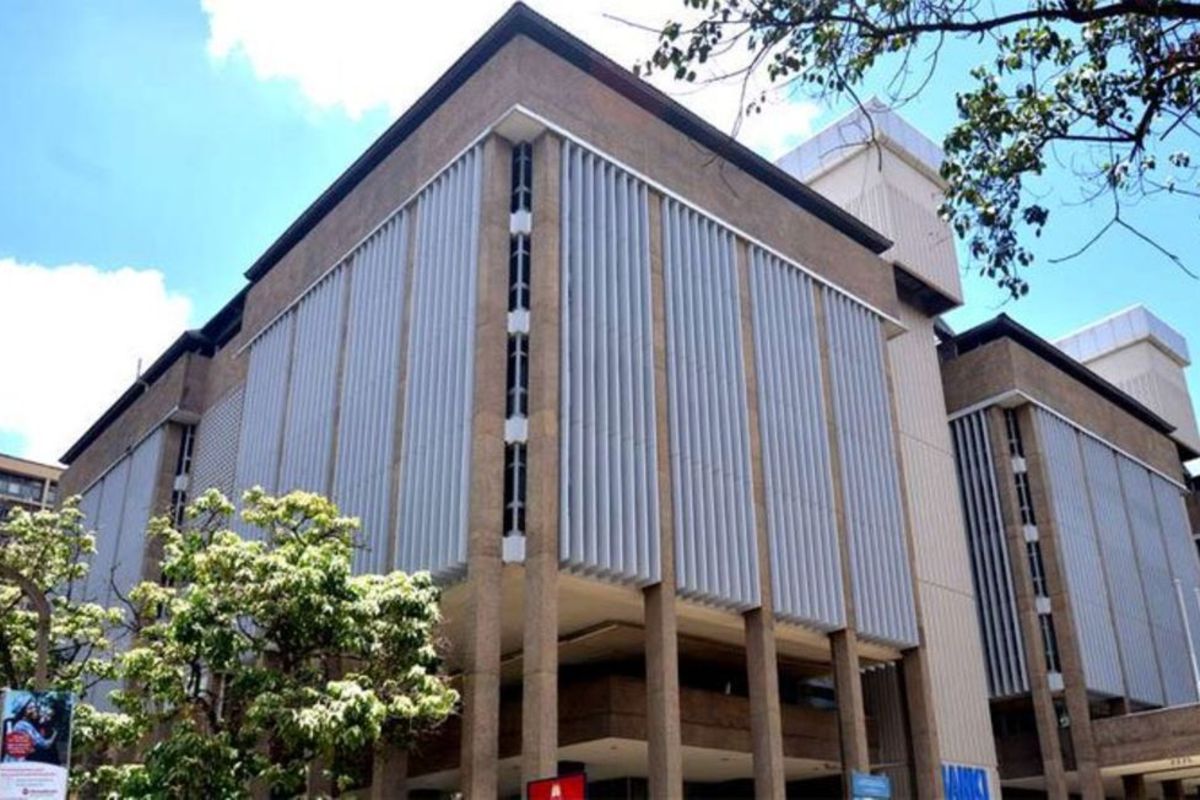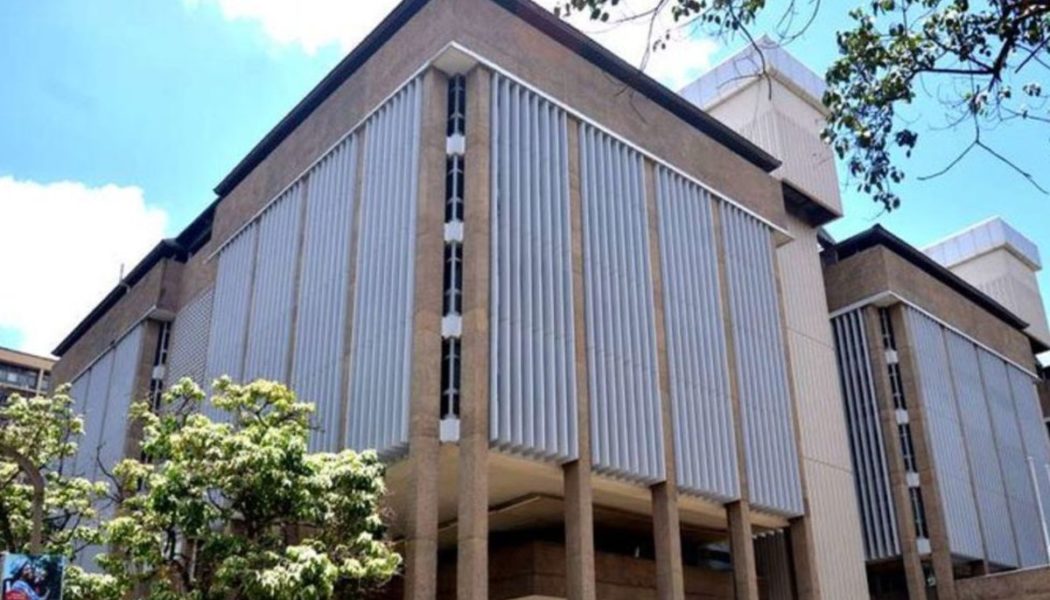
Foreign investors cut their holdings of Treasury bonds by 84.6 percent to Sh4.9 billion in the quarter ended June 2024 from Sh32 billion in the same period last year in the search for higher yields from shorter-dated papers.
At the same time, foreigners increased their holdings of Treasury bills according to disclosures from the second quarter balance of payments report.
“Non-resident holdings of Treasury bonds recorded a marked reduction from Sh32 billion at the end of June 2023 to Sh4.9 billion at the end of June 2024, with non-residents appearing to have a preference for the short-term government paper with its stock rising to Sh329 million at the end of June 2024,” notes the second quarter balance of payments report.
The preference for Treasury bills over bonds by foreign investors mirrors the choices of local institutional and individual investors over the past year, who have preferred to buy shorter-term papers in a rising interest rate environment.
In a high interest rate environment, where yields on shorter-dated paper have risen over the past 12 months, investors have avoided the loss of return that comes from locking money in longer-dated paper.
The prospect of lower interest rates on government securities going forward is, however, likely to drive investors back into bonds, allowing them to lock in high returns as yields fall.
The Central Bank of Kenya (CBK) nudged interest rates lower when it cut its benchmark lending rate in August by 0.25 percent to 12.75 percent from 13 percent previously.
The signalling has been subsequently followed by successive weeks of interest rate drops on the shorter-dated securities.
Rates on the 91-, 182- and 364-day papers have all fallen for nine straight weeks to end September at 15.7183 percent, 16.5888 percent, and 16.7999 percent from 16 percent, 16.8506 percent and 16.9212 percent at the end of July.
Widespread market expectations of a further reduction in the CBK’s policy rate next week increase the scope for a larger decline in domestic interest rates, galvanising the move away from shorter-dated papers as investors opt to lock in higher returns for longer.
Fiscal developments are, however, expected to shape the direction of interest rates in the short to medium term, as revenue shortfalls and increased expenditure result in a wider budget deficit.
The withdrawal of the Finance Bill, 2024, for instance saw the fiscal deficit for the 2024/25 financial year increase to Sh768.6 billion from Sh597 billion previously.
Domestic credit markets are expected to shoulder most of the increased deficit, with the government setting its net domestic borrowing target at Sh143.1 billion from Sh263.2 billion previously.
The revised target for domestic borrowing is expected to keep interest rates on government securities high, as investors maintain their demand for enhanced returns to hold the papers.
The balance of payments reports categorises debt issued by non-residents as external, irrespective of the currency in which the debt is denominated or issued, and vice-versa.
The uptake of Treasury bonds and bills is, however, dominated by local investors, including banks, insurance companies, and pension funds.









